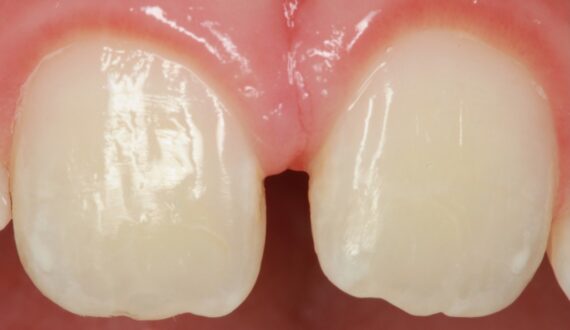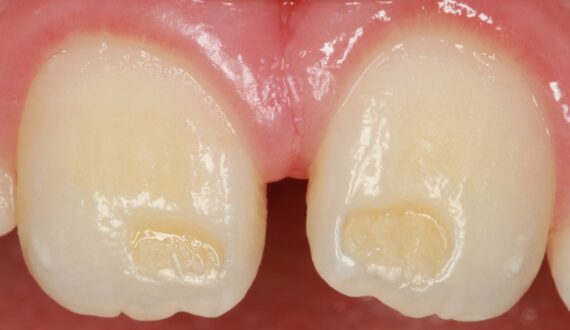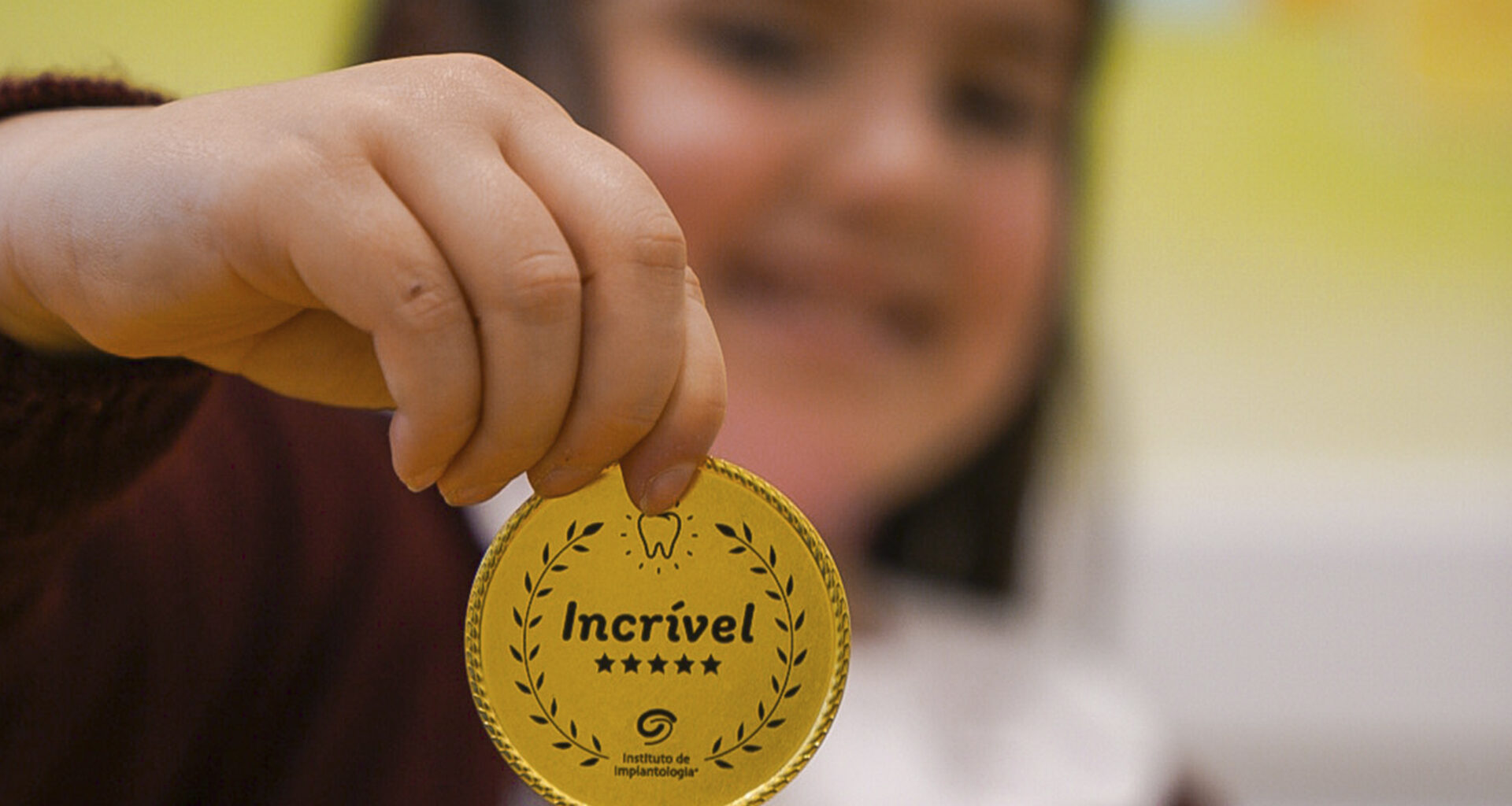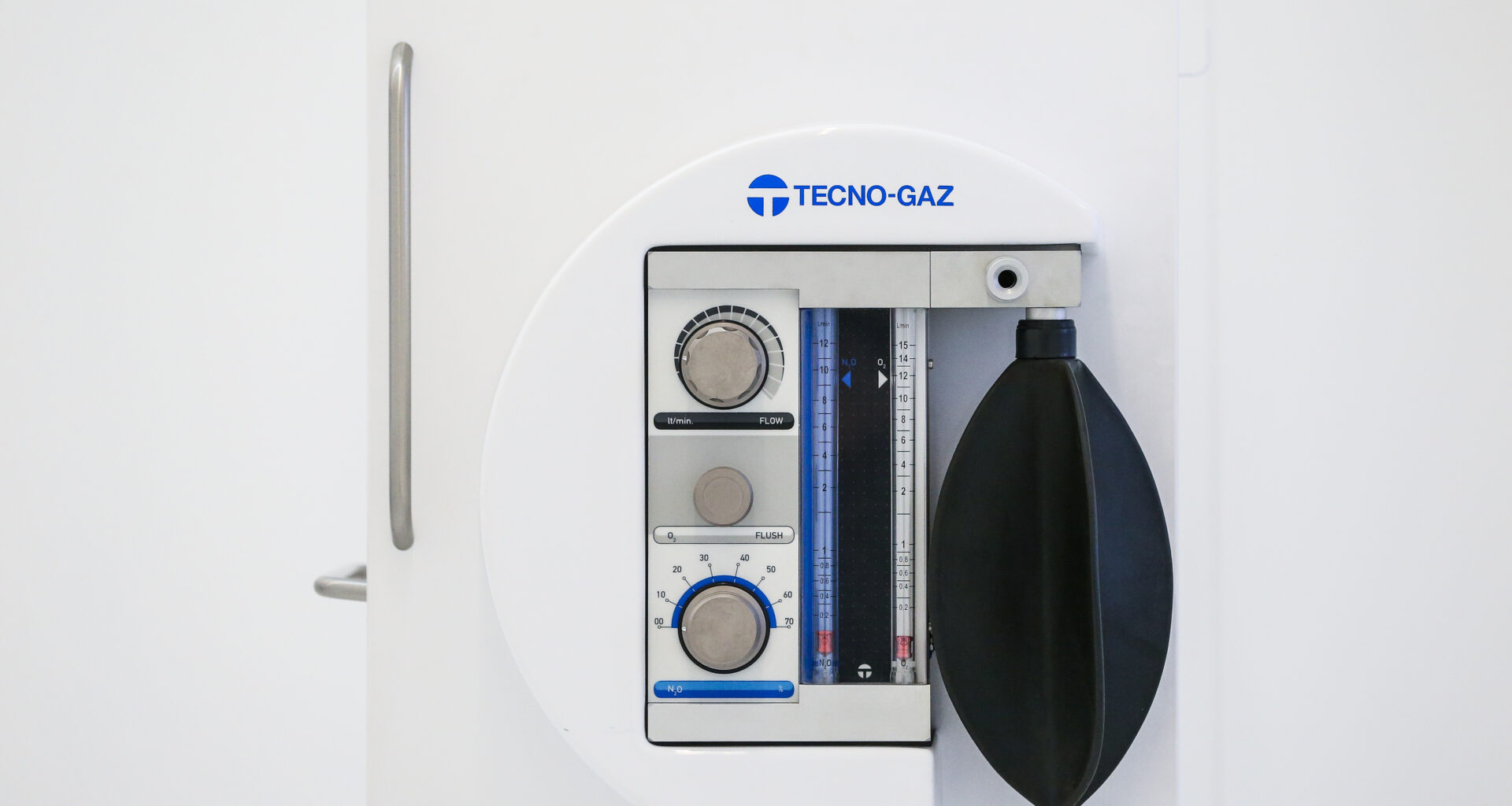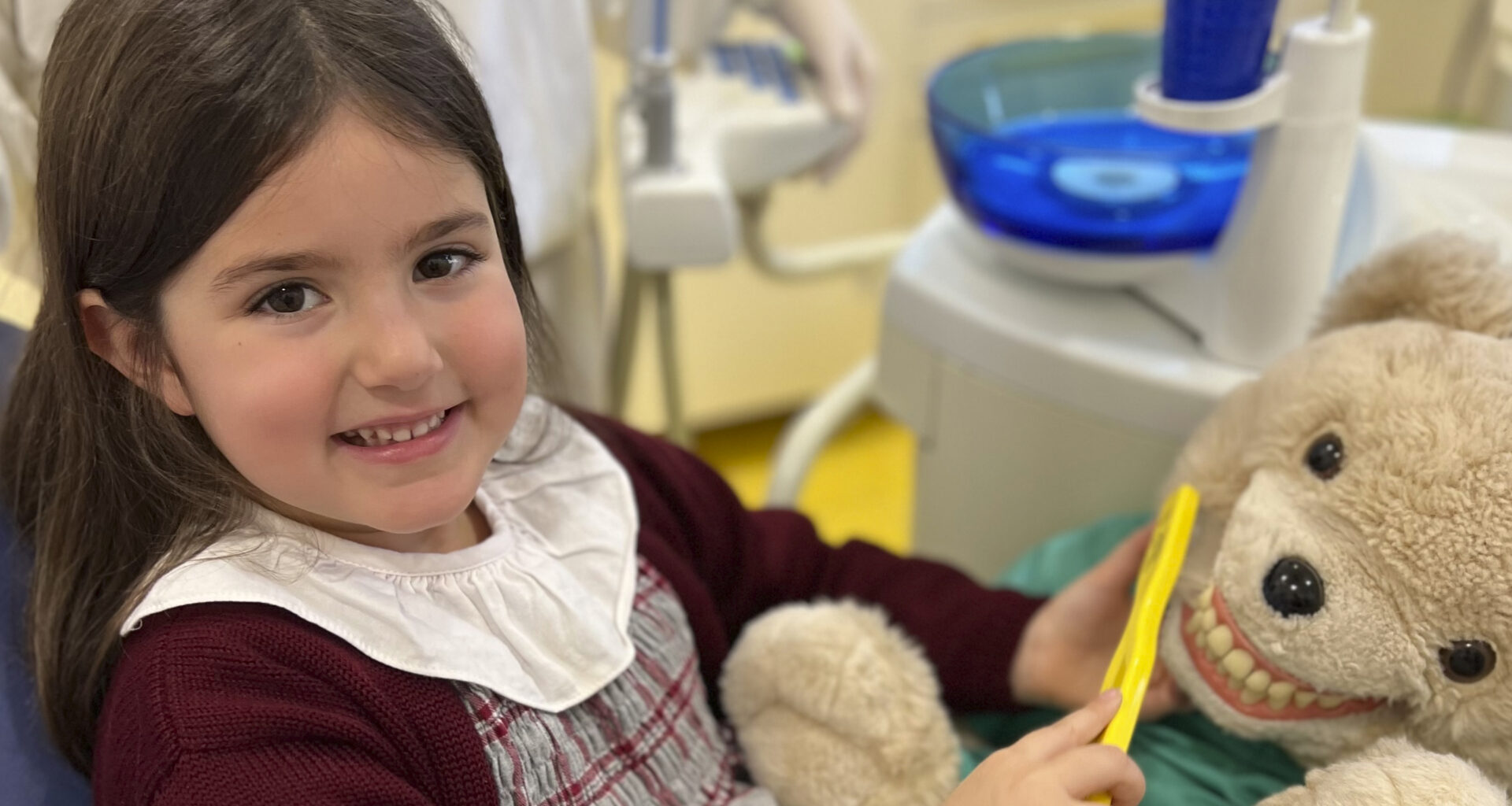Children - Pediatric Dentistry
To carefully address the specific oral health needs of the youngest patients, Pediatric Dentistry (the branch of dentistry dedicated to children) focuses on dental treatments during childhood. Ensuring dental treatment at this stage is both an art and a challenge, combining scientific knowledge with the most appropriate behavioral approach.
WHAT IS THE IMPORTANCE OF A PEDIATRIC DENTISTRY CONSULTATION?
Regular consultations with a specialist doctor decisively contribute to the child’s oral and overall health, ensuring the proper development of the mouth and adjacent structures. At the Implantology Institute® we work to develop bonds of empathy between children and their pediatric dentists from the very first visit.
If you haven’t yet taken your child to a specific age-appropriate consultation, here’s why you should:
- Diagnose, treat, and prevent all oral and dental problems;
- Monitor tooth eruption and perform preventive treatments;
- Prepare parents and children for good brushing and nutrition habits;
- Ensure the correct development of speech and chewing functions;
- Maintain healthy dentition.
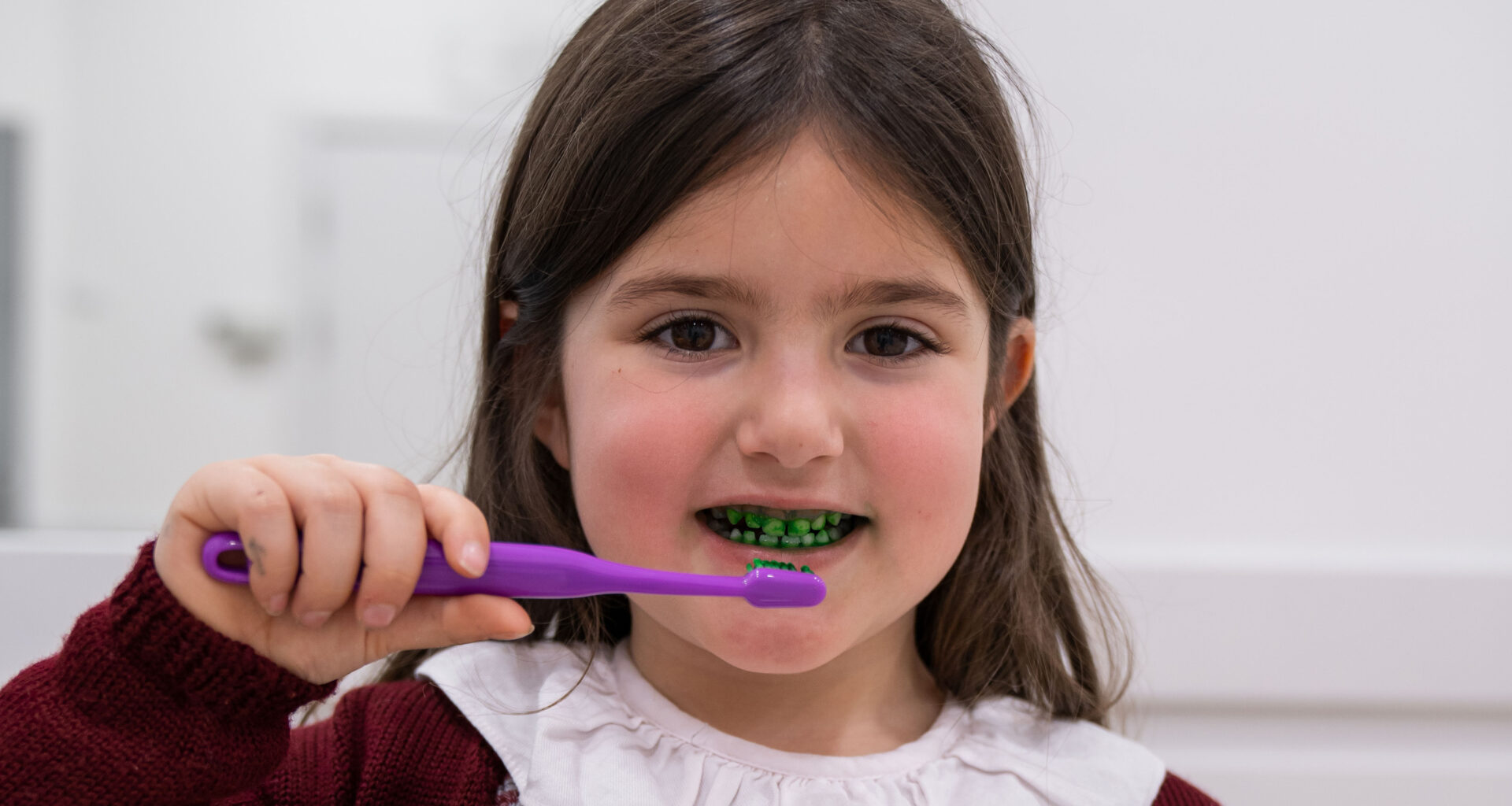
WHEN SHOULD I TAKE MY CHILD TO THE DENTIST?
From birth to adolescence, pediatric dental care always considers the various stages of the patient’s physical and cognitive development.
- From 0 to 5 years: The first dental visit is recommended by the end of the first year of life, ideally within six months after the eruption of the first tooth. During this visit, appropriate oral hygiene techniques for the child’s age are explained, and the child’s diet and harmful habits are evaluated.
- From 6 to 12 years: The replacement of baby teeth with permanent ones begins around age 6 and ends at 13-14 years with the eruption of the second permanent molar. During this development period, assessing the growth of the jaws is also crucial.
- From 12 years onwards: Between 12 and 13 years, the second molar typically erupts, and the permanent dentition is almost complete. In early adulthood, wisdom teeth begin to erupt. At this stage, a dental visit is recommended to medically confirm the eruption of all permanent teeth.
Treatment steps
CLINICAL CASES
Children - Pediatric Dentistry 1
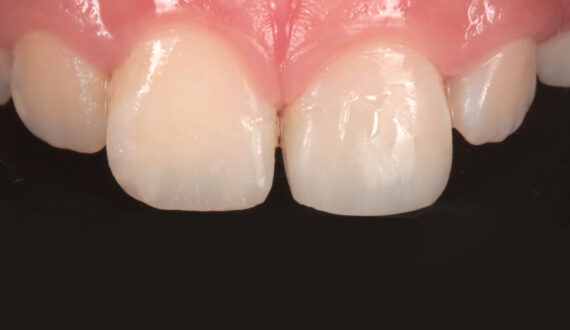
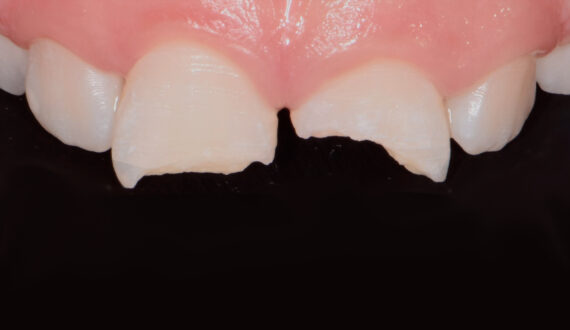
Children - Pediatric Dentistry 2
